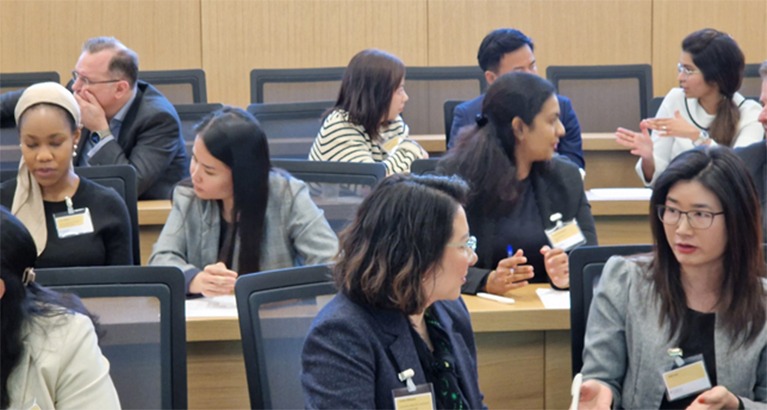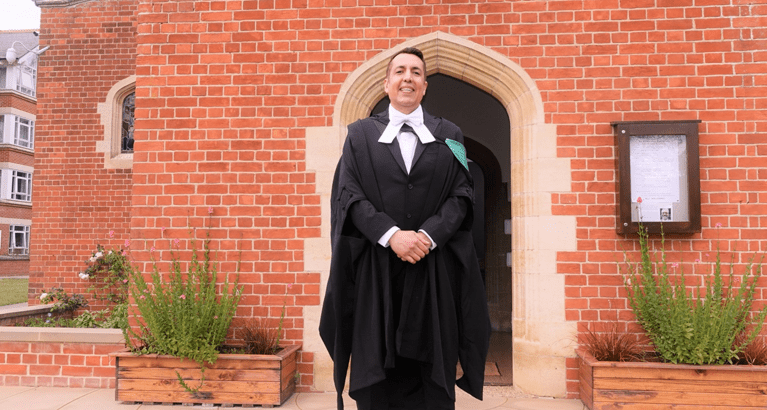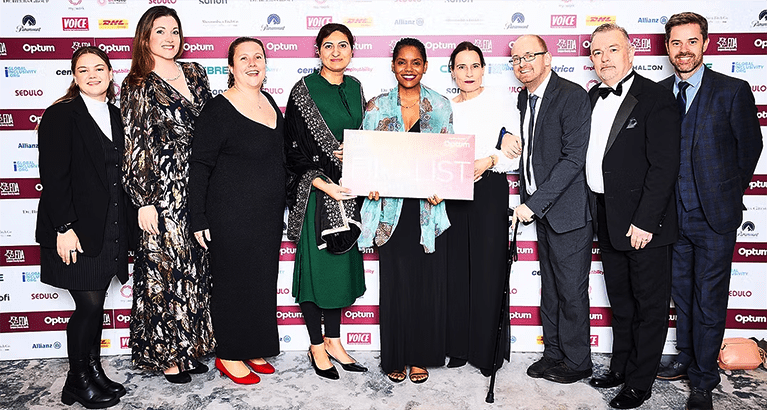In 2013, the Business School recognised that applications from women remained significantly lower than those from men. To address this imbalance, Cambridge Judge asked Dr Monica Wirz to explore the barriers faced by prospective female EMBA candidates. Her research led to the introduction of a dedicated Women’s Scholarship, alongside policy, teaching, marketing and recruitment changes designed to make the programme more accessible and supportive for women. Now, 12 years later, the Business School is returning to those original insights – using new interviews, focus groups, surveys and alumni feedback – to understand what has shifted in the Executive MBA landscape and to guide its ongoing commitment to gender equity in business leadership.
Why we commissioned research on EMBA entry barriers for women
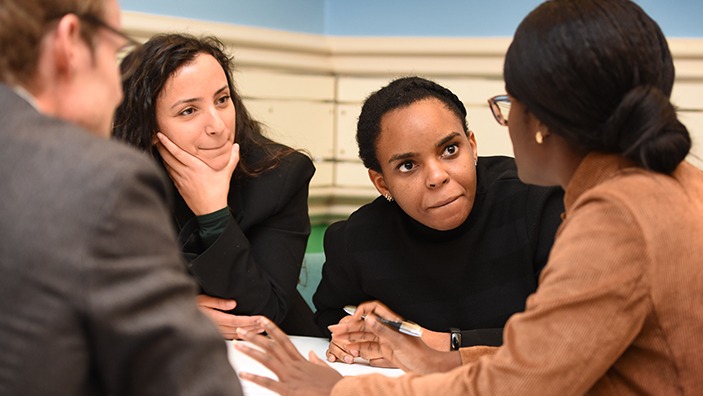
In 2013, 4 years after the launch of the Cambridge Executive MBA programme, Cambridge Judge Business School commissioned a report to explore why applications from men continued to significantly outnumber those from women.
Our report was compiled at a time when women remained under-represented in senior leadership roles across organisations. We wanted to acknowledge the critical role that business schools play in shaping the pipeline of women equipped to step into executive leadership.
Since the publication of Dr Monica Wirz’s initial research on gender, the Executive MBA programme have introduced wide-ranging measures – spanning policy, teaching, marketing and recruitment – not only to make the programme more accessible to women, but also to create an environment that actively supports their growth and ambition. These efforts reflect our deep commitment to empowering women and helping them forge meaningful paths to leadership. These include the seminal creation of The EMBA Scholarship for Women – based on the understanding that female prospective candidates face a few extra hurdles than their male counterparts.
This original study has led to a new mindset, involving ongoing research and improvement, based on the in-depth interviews and focus groups with student cohorts, surveys with prospective students and alumni. Taking stock of the past 12 years, we now return to some of the original questions to assess what, if anything, has shifted in the landscape of graduate business education — and specifically in the Executive MBA market.
Meet the researcher reshaping gender and leadership
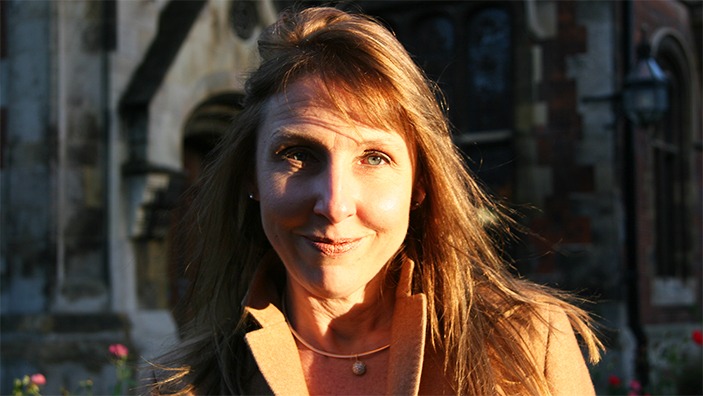
For the past 34 years Dr Monica Wirz has had an international career in strategy development, marketing, and management consulting, where she is a partner at ClueTrain Consulting. Her initial interest in leadership and governance has evolved into the more focused attention into the field of gender and diversity after observing during her own MBA studies in 1995 that business studies assumed a degree of objectivity and gender neutrality that did not correspond to the reality of organisations.
Since then, she has pursued further academic research through Masters and PhD degrees at London School of Economics (LSE) and the University of Cambridge, where her research interests were how ingrained assumptions about “femininity” and “leadership” created barriers for women to be perceived as legitimate leaders. One of the main outcomes of her work was that, beyond the issues of equity, justice or even the “business case” in the numerical gender balance in leadership positions, an important, albeit less known, factor regards knowledge production and standpoints: women, due to their different experiences in society, have different perspectives which are invaluable for institutions to be able to operate in more significant ways in society. Organisations that can count on a wider base of perspectives are more likely to minimise their risk and better represent the groups they serve.
This initial research has led to a new business offer by ClueTrain Consulting, aimed at supporting client organisations on their inclusive leadership journey. It has also led to further institutional research, including the ongoing research with the University of Cambridge Judge Business School, where academic research is analysed and applied, leading to policy, product and process improvements.
Monica is now a Visiting Fellow at Cambridge Judge Business School, where she continues her research on gender and leadership, working closely with the EMBA team to continue to understand how to foster equity in its programmes. Monica also supervises Executive MBA candidates who are researching and writing their final dissertations (IPs). Together with Dr Jennifer Martin, Executive Director of the Executive MBA Programme at Cambridge Judge Business School, Monica is currently editing a book on Inclusive Leadership, which aims to provide an overview of the current backlash against diversity initiatives and a discussion on how to navigate this political climate whilst still achieving equity and commercial results.
Executive MBA programmes
The Cambridge Executive MBA and Global Executive MBA are 20-month programmes for senior executives who want to apply their knowledge and skills as they learn.


